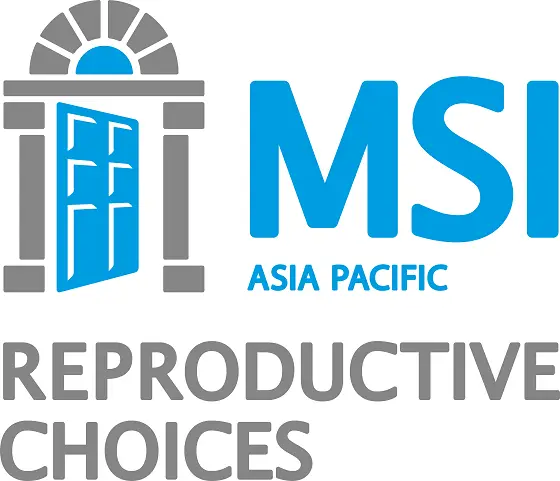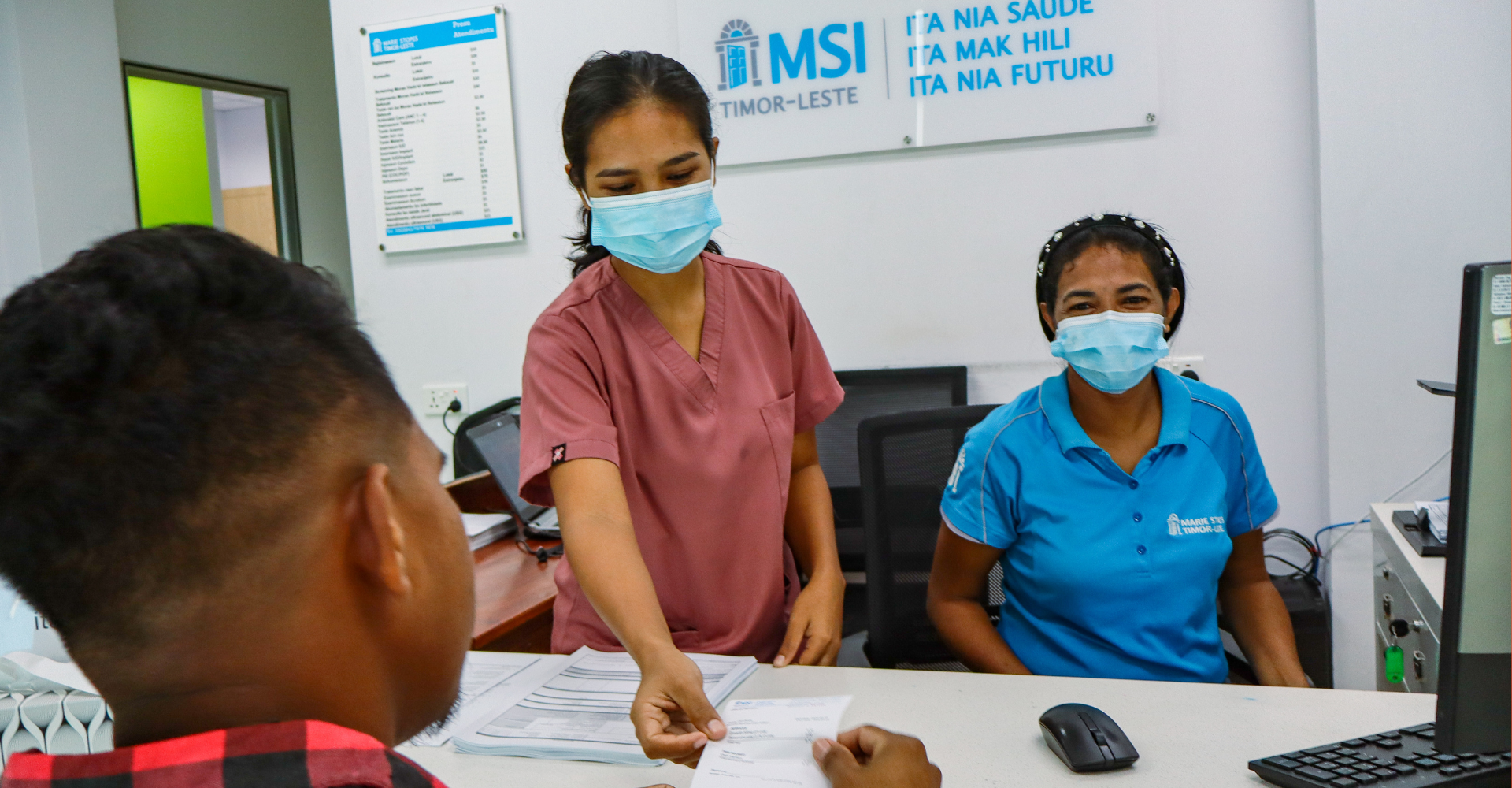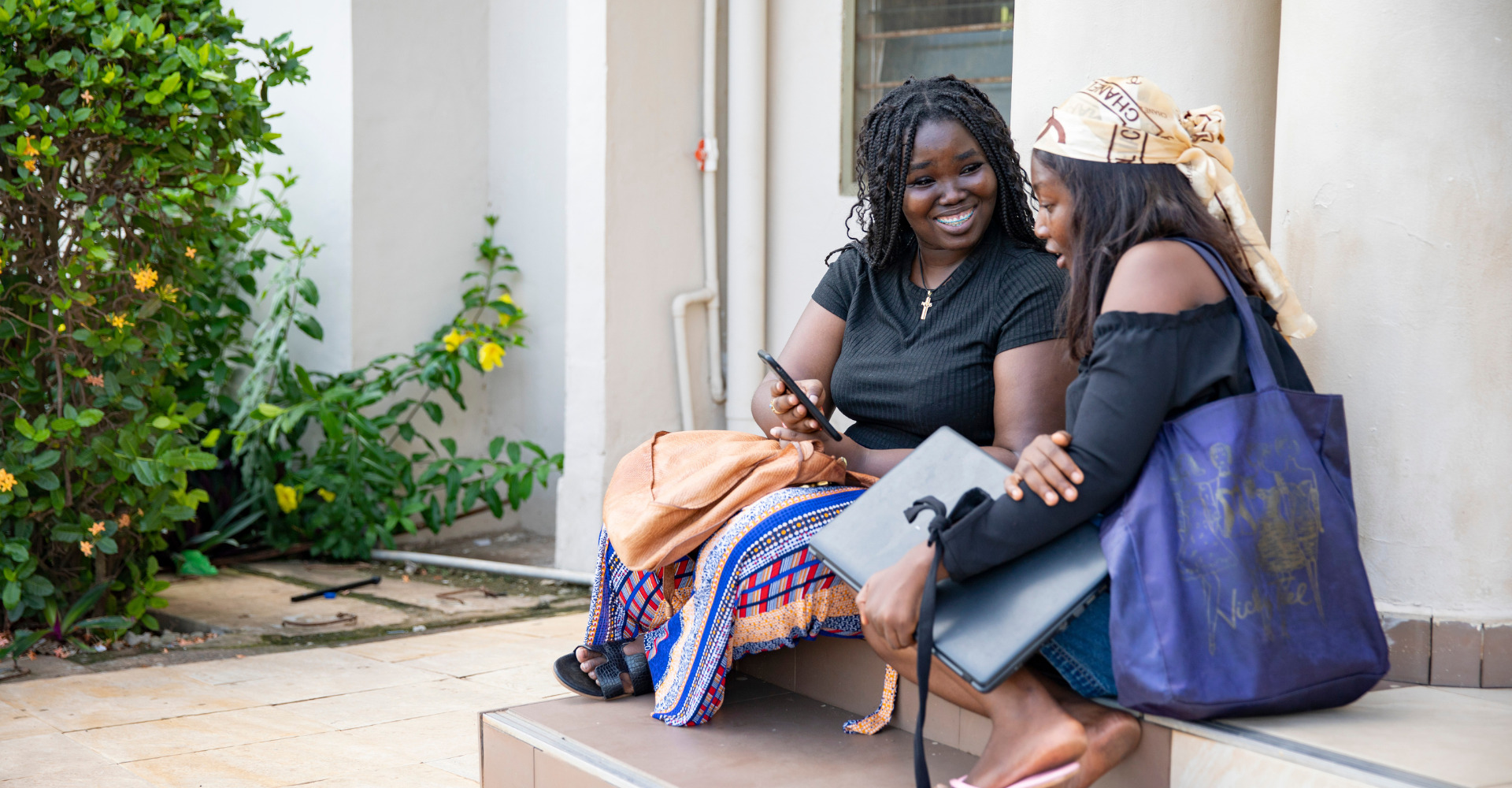MSI Asia Pacific welcomes the Department of Foreign Affairs and Trade’s recently released Development Partnership Plan for Papua New Guinea.
As its largest development partner, Australia’s approach to supporting health, education, democracy strengthening and economic security in Papua New Guinea plays a crucial role in the country’s development.
In line with Australia’s 2023 International Development Policy, the Development Partnership Plan outlines Australia’s development priorities in Papua New Guinea from 2024 to 2029.
The plan was prepared in consultation with stakeholders across both countries and will replace the COVID-19 Development Response Plan.
“We’re pleased to see an ongoing commitment to the health of Papua New Guinea,” says MSI Asia Pacific Executive Officer Merewyn Foran.
“From our own work, we know that the need is high. With the right investments in skills, services and infrastructure – and through strong partnerships with local leaders – the potential for progress is huge.”
What's in the new Development Partnership Plan?
Healthcare
The new plan will see a continued focus on health service delivery and health system strengthening.
“We hope these continued investments in the health system will ensure that all health issues, including access to sexual and reproductive healthcare, receive the attention they deserve.” says MSI’s Papua New Guinea Country Director Angelyn Famudi.
“We look forward to continuing our work in Public Sector Strengthening with the Ministry of Health and Provincial Health Authorities.”
Gender and Violence
The new plan includes an increased emphasis on gender, including a strengthened focus on addressing sexual and gender-based violence.
Each year, more than 1.5 million women and girls in Papua New Guinea experience sexual and gender-based violence. The 2023 Human Rights Watch report called the country “one of the most dangerous places to be a woman or girl.”
“Through our own work identifying and supporting survivors of sexual and gender-based violence, we see firsthand its devastating impacts on individuals and communities. An investment in the health and safety of women and girls is an investment in the wellbeing of the whole community,” says Famudi.
Disability
The new Development Partnership Plan includes an increased focus on disability inclusion.
People with disabilities face additional barriers in accessing education, healthcare and justice, and often experience more severe forms of poverty and violence than the wider population.
We welcome initiatives that support the full participation of people with disabilities in society, including through access to choice and decision-making power.
Climate and environment
Through an enhanced focus on climate considerations, the new plan will ensure climate adaptation is integrated into development approaches.
Given the large rural population and high prevalence of subsistence farming in Papua New Guinea, the impacts of climate change are already manifesting in varied and complex ways.
Our work has shown the link between climate change and the need for sexual and reproductive healthcare, and we hope the enhanced focus will support our efforts to enable resilience within impacted populations in Papua New Guinea.
Infrastructure investment
The new plan includes a significant scaling up of infrastructure investment. With infrastructure limitations acting as a major barrier to healthcare access and service delivery, this investment has the potential to transform healthcare.
“Our teams often travel for days to deliver essential sexual and reproductive health services”, says MSI’s Outreach Channel Lead in Papua New Guinea, Ulaiyasi Ditau.
“And still, at these outreach clinics, we encounter clients who have walked for days to reach us. As infrastructure improves, more people will be able to access healthcare. That means fewer deaths, better health, and more empowered communities.”
Read the full Development Partnership Plan here.




